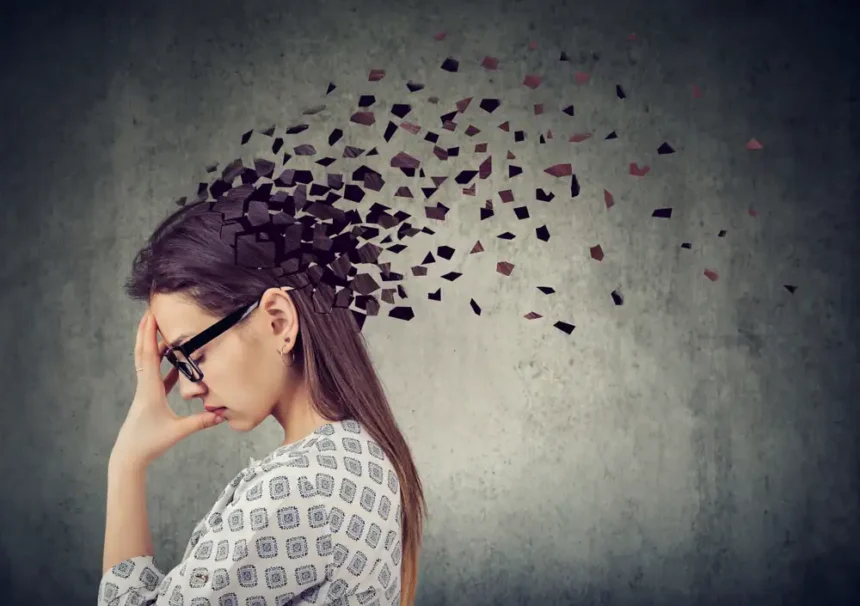A brain injury happens when an external force, such as a blow to the head, causes damage to the brain. This damage may be temporary or permanent, affecting a person’s thoughts, feelings, and behavior. The effects of these injuries extend beyond physical symptoms; they often have a deep impact on a person’s mental health and overall well-being. Here is more information about the effects of brain injuries:
Increasing Risks of Mental Disorders
Following a traumatic brain injury, the consequence may be the development of various mental health disorders. The physical trauma to the brain sometimes disrupts the normal function of the brain. This disruption can lead to conditions like depression, anxiety disorders, and post-traumatic stress disorder (PTSD).
A person might experience persistent sadness or a loss of interest in activities they once enjoyed. Anxiety might manifest as constant worry or panic attacks. These conditions are not a reflection of personal weakness but are potential consequences of the injury itself.
The location and severity of the brain injury also play a part in the type and intensity of mental health symptoms that may appear. An injury to the frontal lobe, which controls personality and emotional regulation, could result in different challenges than an injury to another part of the brain. Recognizing the link between the injury and mental health changes is a key part of addressing them effectively.
Creating Changes in Behavior
Behavioral changes are typical after brain injuries. Individuals may find themselves acting in ways that are unfamiliar to them and to those around them. Irritability, impulsivity, and aggression are some of the behavioral shifts that might occur. A person who was once calm and patient might now have a short temper.
Other behavioral shifts include social withdrawal and apathy. The effort needed to engage in social situations might be a challenge, leading a person to isolate themselves. They might also lose motivation for daily tasks and long-term goals. These are symptoms related to the brain’s altered state. Navigating these new behaviors requires patience and support from both the individual and their support system.
Decreasing Quality of Life
A brain injury can significantly alter a person’s quality of life. The combination of cognitive, emotional, and behavioral changes creates new obstacles in daily living. Simple tasks that were once routine might become difficult. This loss of independence can be a significant challenge.
Impacting Relationships
The consequences of a brain injury extend to a person’s relationships with family, friends, and colleagues. Communication difficulties, mood swings, and personality changes may strain these connections. Family members may find it challenging to adapt to the new dynamics and may feel like they are interacting with a different person. This can lead to misunderstandings, conflict, and feelings of loss for everyone involved in these ways:
- Friendships may suffer as the injured person withdraws socially or can’t participate in shared activities.
- Patience and understanding from friends become demanding, risking the relationship fading.
- Cognitive impairments can impact job performance, leading to tension with coworkers and supervisors.
Get Treated for Brain Injuries
Recovering from a brain injury and managing its effects on mental health is a journey. A comprehensive treatment plan that addresses both the physical and psychological aspects of the injury can provide a path forward. If you or a loved one is dealing with the aftermath of a brain injury, we encourage you to reach out for professional help. Contact a clinic today to learn about available treatment options and begin your recovery process.















